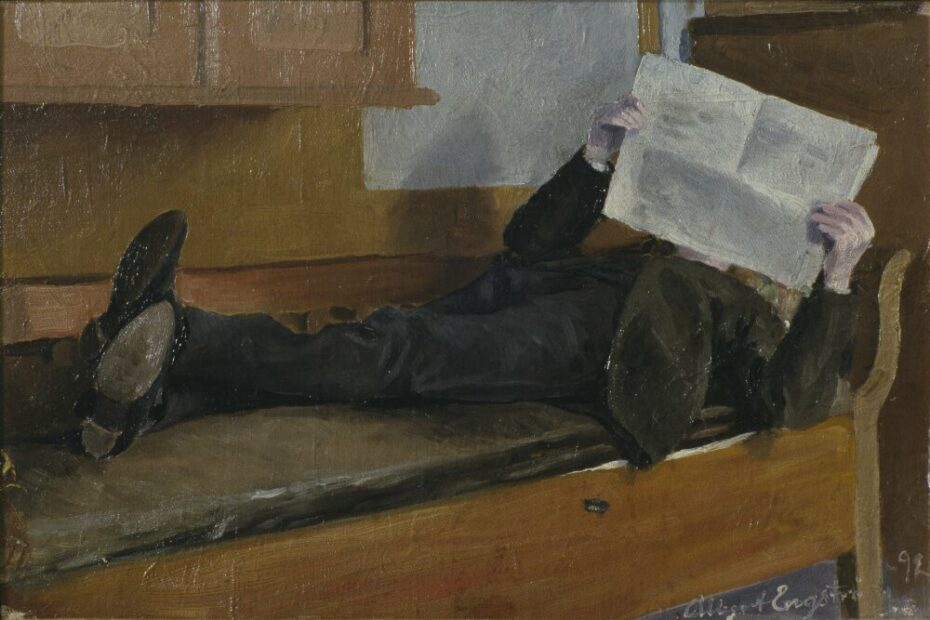In the context of dangers magnified by the spread of disinformation during the COVID-19 pandemic and the mixed results produced by the voluntary Code of Practice on Disinformation, the European Commission called for input from stakeholders on this topic. It is as much a fight for trustworthy knowledge, as it is against false online disinformation. This struggle is hardwired into the Wikimedia movement, starting with the very first Wikipedia entry.
Wikimedia community in search for truth
Unbalanced exposure of citizens to misleading or fabricated information is a major challenge for Europe and the world today. There is no technical or financial magic bullet: all actors in the digital and political ecosystem must work to implement concrete and coherent actions to improve access to trustworthy information sources and contain the spread of online disinformation. We need an array of cascading long-term policies and actions.
Wikimedia communities have always worked towards creating credible and reliable sources of information and have always sought to recognise and limit the spread of unreliable sources and non-factual information. Specific attention and community rules exist across the projects on estimating which sources are reliable and can be used on Wikipedia, for instance.
In 2018, Wikimedia (Free Knowledge Advocacy Group EU) participated in the European Commission’s HLEG “Fake News” that produced a final report and a definition of the phenomenon for the EU institutions. We also participated in the subsequent forum that drafted the Code of Practice on Disinformation, which the European Commission is now looking to assess and further develop.
“There is no technical or financial magic bullet: all actors in the digital and political ecosystem must improve access to trustworthy information sources and contain the spread of online disinformation.”
In February 2021, the Wikimedia Foundation unveiled a Universal Code of Conduct that defines deliberately introduced biased, false, inaccurate or inappropriate content as unacceptable behaviour. The rules spelled out in the Code apply to all contributors, project functionaries , event organisers & participants, employees and board members of affiliates, and employees and board members of the foundation itself.
Our ideas to tackle disinformation
Our communities and our organisations see and feel the challenges trustworthy media have, including with their financing. We rely on trustworthy sources that we can cite and share. This is why we worry that if disinformation is much easier accessible and shareable than trustworthy media, this will make matters worse.
Based on the wealth of these experiences, Wikimedia France and the FKAGEU shared a number of ideas for improvement of the European Commission’s future actions on disinformation:
1. KPIs!
Set up homogeneous, more detailed and clear key performance indicators (KPI) to enable effective measurement of platforms’ achievements. There should be an annual, public review process for these KPIs. Currently it is not always clear what objectives a platform should achieve addressing online disinformation and if different practices are comparable.
2. Better tools!
The European Commission should demand that platforms improve accessibility, clarity and feedback of their reporting tools. Sending a report on potentially false content should be made, for the users, as straightforward as possible. Decisions and actions taken must also be reported in an accessible and shareable way.
3. Increase traceability of information!
Media outlets should be encouraged to link to data and sources they cite in articles.
4. Increase transparency and documentation!
How systems work – including algorithms – must be as transparent as possible. Users must be able to understand what they see and why, and ideally also have access to parts of the code. Researchers should get full access to the code.
5. Invest in media literacy!
Education should be accessible throughout people’s lives. Encourage partnerships in media and information education with recognised institutions and stakeholders in the world of education.
6. Invest in fact checking organisations!
This also includes organisations that audit information sources. Ideally credibility ratings would be attached to the source of the information (e.g. the website), not the actual piece of content.
7. Defund disinformation!
Campaigns and sources intentionally spreading non-factual content are still financed or supported by advertising, including through major advertising networks.
8. Innovate!
Disinformation will remain a phenomenon, even if we manage to restrict it. To counter it, societies must increase investment in trustworthy information sources and build trust. There is not a single measure to achieve this, but we would welcome the European Commission working toward a strategy in this regard.
Next steps
Following nearly 40 submissions to the consultations, the Commission will adopt an act to take new measures on the issue in the second quarter of 2021.









